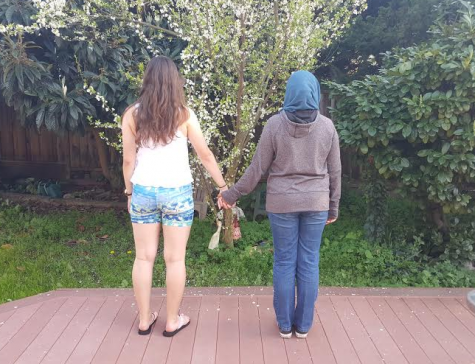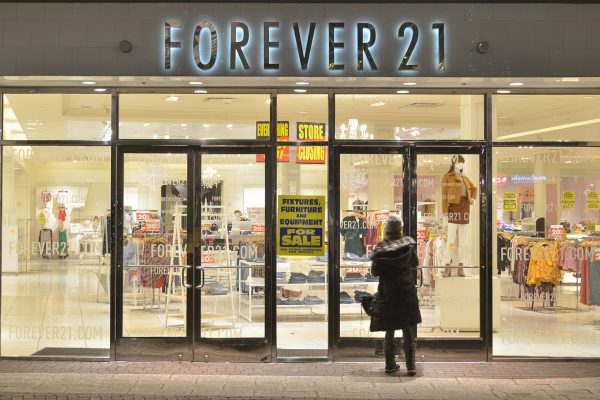Women’s Right to Wear What They Wish
It has become apparent in modern day America that the prejudice of racism and sexism are still very much alive. Although we have come a long way, for women living in the 21st century it can still be a battle to be recognized as human beings who are equal to men in all economic, political, and social situations. Even more recently it has come to the attention of the media that women are being demoralized for their rights to wear more clothing or less depending on their own personal desires. Why has it become so difficult for women to be able to have the right to wear what they wish?
For example many women are standing up for the “free the nipple” campaign where they are fighting for the right to be shirtless in public in the same socially appropriate places as men. Their campaign aims to oppose sexual objectification and to advance gender equality. Their movement argues that men have nipples too and yet when they are seen in public shirtless or on the internet shirtless, they do not receive backlash or get taken down for explicit content. The point of the campaign is to also ask the questions such as why is the woman’s nipple profanity and a man’s nipple is not? According to some popular social media sites, as long as a woman’s areola is covered their content can remain on Instagram, while yet again the same cannot be said for men.

At the same time, women all over the world are also fighting for the right to remain covered up. Some, for example, for reasons as to stay true to their religion. For example, last year it was discovered that Canada’s ruling Conservative Party had voiced concerns about allowing Muslim women to wear their traditional Islamic clothing. However they are not the only country who has grappled with this issue. In fact countries such as Australia, China, France, Syria, Belgium, Turkey, Tunisia, Spain, Italy, Germany, Russia, and the Netherlands have all faced similar opinions on the subject. The recent graduate of UC Irvine KPCC intern Yasmin Nouh, who herself is Muslim and wears a hijab
interviewed some Muslim women to gage what their opinions were on these bans on the Muslim culture. Executive director of the San Francisco Bay Area chapter of the Council on American-Islamic Relations, Zahra Billoo, stated, “Many of the Muslim women I have spoken to about the new law are concerned. The general sentiment is that women should have the right to choose what to wear, be it as little or as much as they please. This law, under the guise of protecting and liberating them, actually harms women.” If countries are sending the message to women that their personal beliefs and traditions are not important, the freedom of women and their equality is once again being undermined.
These discriminations have not been lost on the women of our generation, and many young women of Wilcox agree that now is the time for change. Sophomore Kyra Corcoran made an extremely valid point when asked what her view point was on the subject of women and men not being able to have equal rights in dressing their bodies. She stated in an interview that, “The male and female sexes are so similar biologically, so why don’t they have the same rights socially? Why should they be limited, when men, who are so similar to women, have relatively unlimited clothing freedom.” Another female student, a freshman at Wilcox, Clarissa Guglielmelli, agrees with this statement and believes that “women should be able to have the same rights as men and should be able to dress according to their beliefs, not according to the standards forced on them.”
In a perfect world, men and women would be equal just as they were promised to be by our country. However this is no perfect world, and women will have to continue to fight for their rights to and to fight the double standards that they face today.






Leo the Lion • Jun 6, 2024 at 4:52 pm
This author is amazing!